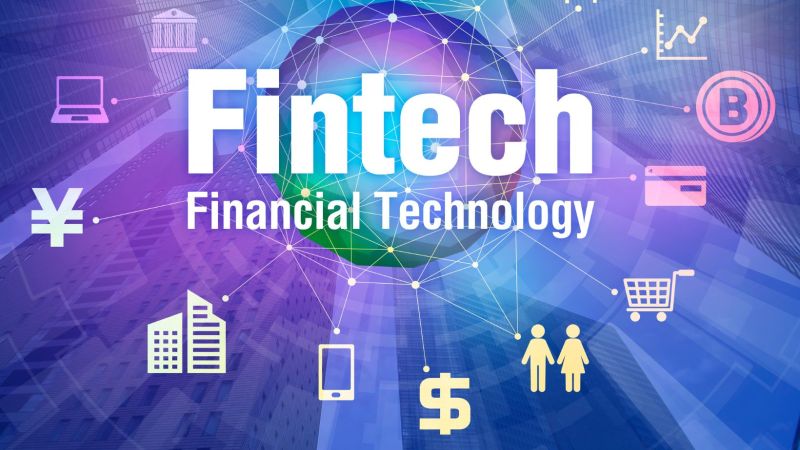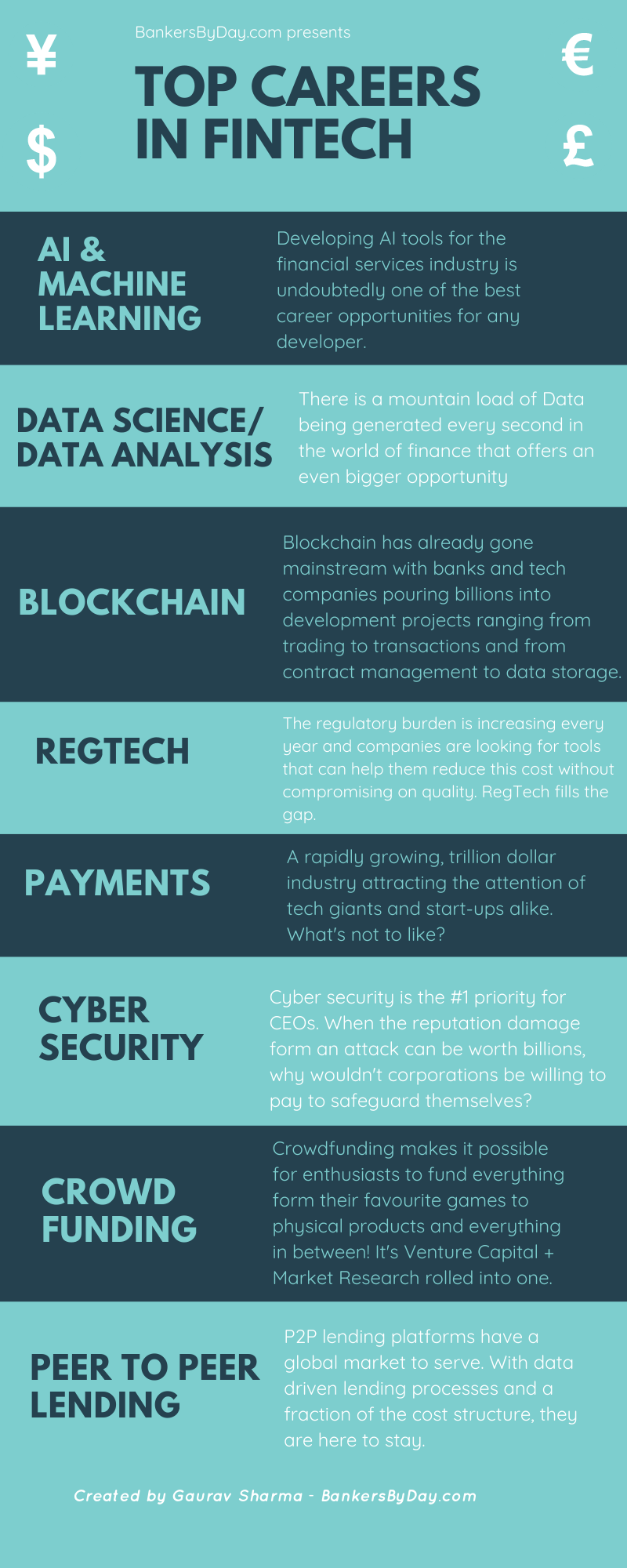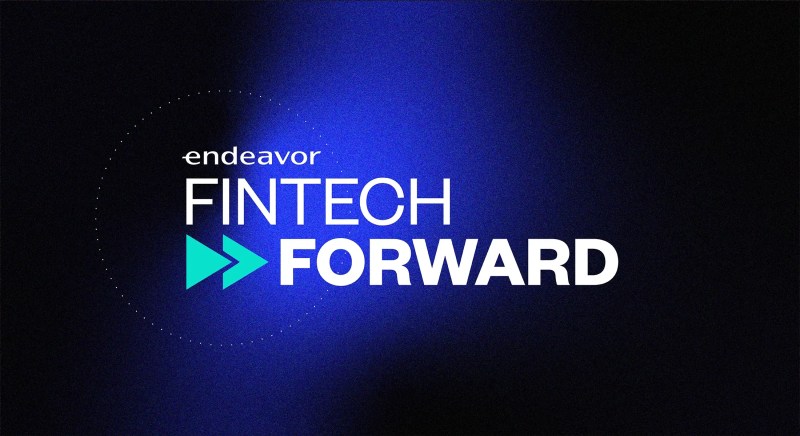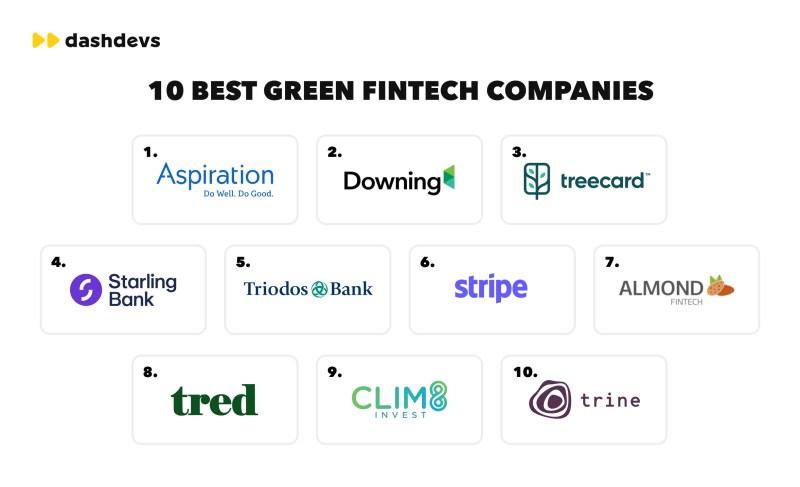
Fintech Is – By clicking Continue to join or login, you agree to the User Agreement, Privacy Policy and Cookie Policy.
Fintech, the combination of finance and technology, is poised to disrupt the payment services industry, causing a series of disruptions that will fundamentally change the way people work and use services. Paper billing systems and manual payment processes are a thing of the past. Payments are now seamlessly integrated into our digital lives thanks to fintech, ushering in an era of unprecedented ease and efficiency. With the latest developments and infrastructure, fintech is reshaping the way we pay, creating a future that promises unparalleled convenience, security and efficiency.
Fintech Is

Fintech is playing a key role in disrupting the payments industry, changing the way you pay and manage your spending activities.
Winds Of Change: What’s Shaping The Global Fintech Ecosystem?
Let’s take a look at the future of payment tools and how fintech is driving this disruption.
Fintech empowers the continuity of transactional payments, eliminating the need to set up transactions or trust that exchanges will be transparent. With instant activation, customers can appreciate quick confirmation of their payment and immediately start or resume their utility services.
Blockchain innovations are expected to significantly impact payment applications. It can provide a secure, simple and well-structured exchange, ensuring the integrity of original records and reducing the risk of fraud. Peer-to-peer energy trading, where consumers directly sell excess energy to others, can also be enabled via blockchain, resulting in efficient and decentralized energy systems.
Using connected devices, the combination of fintech and IoT will change the way payment is used. Smart meters and sensors can collect continuous information about energy consumption, enabling accurate charging and optimized installation plans. Consumers can analyze their usage, improve their usage patterns and get information at the open door to save energy.
How Fintech Is Revolutionising The Banking Sector
Fintech-based artificial intelligence algorithms can computerize charging processes by breaking down usage information, creating precise demands and, in any case, predicting future energy consumption. Improving the overall customer experience is the ability of chatbots and virtual assistants with artificial intelligence to provide personalized customer support, answer questions and guide users through the purchase process.
The fintech trend will continue to drive contactless means of payment, for example wallets and NFC gadgets, reducing the need for physical cards or cash. Likewise, biometric authentication methods such as facial recognition or fingerprints improve security and simplify the transaction cycle, eliminating the need for passwords or PINs.
Fintech is driving the development of open banking, which allows customers to access and manage their payment transactions through a single platform or application. Payment aggregators offer a unified payment structure, the ability to consolidate multiple utility bills, key consumption insights and energy consumption patterns.

Strong data protection measures and compliance with privacy regulations will be important as fintech expands into payment applications. Customer information will be protected by encryption, secure networks and strict data access controls, giving customers confidence in the security of their payment information.
Redefining Finance: Fintech’s Challenge To Traditional Banking
That is, by introducing real-time payments and using Internet of Things (IoT) technologies such as blockchain, fintech is reshaping the consumer payments landscape. With continuous development, fintech contributes to a productive, secure and efficient payment environment.
Fintech’s impact on payment services extends beyond financial exchange; it extends to interests in sustainable energy systems. As sustainable trends become more visible around the world, fintech initiatives can shape the options for sustainable energy plants. This empowers consumers to contribute directly to clean energy projects through their utility bills, creating a link between financial activity and impact, and facilitating the adoption of greener and more environmentally friendly energy systems environment
Strong encryption strategies, secure organizations and strong data access controls protect user data, ensuring customers that their payment information remains protected from potential cyber threats. This increased security improves trust among consumers and builds fintech status as a reliable and secure provider of payment transactions.
Finally, fintech’s impact on public service payments extends to traditional business sectors. Its openness and quality work with financial inclusion, reaching underserved or unbanked people. Mobile-based payment platforms and advanced wallets overcome any problem, providing access to public services and enabling people in remote regions to participate in the modern economy.
Using Ml In Fintech: Complete Guide
Fintech disruption is undoubtedly affecting the future of consumer payments. By providing seamless exchanges, leveraging blockchain, IoT and artificial intelligence technologies and promoting financial inclusion, fintech is making the payment experience more convenient, secure and profitable than at any time in recent times. As these manufacturing processes continue, consumers and utility bills can look forward to a future of consistent and efficient utility services, moving the world toward a more connected, prosperous, and engaged future. , driven by the rapid expansion of financial information, sometimes known as fintech. Traditional banks, which have been at the heart of the global financial system for millennia, are changing dramatically as fintech technologies redefine the provision and use of financial services. This article looks at how fintech is changing traditional banking, explaining the key trends, rewards and challenges of this dynamic change.
Fintech is the integration of technology in financial services for innovation and automation. It covers a wide range of applications including mobile banking, digital payments, peer-to-peer lending, robo-advisors, blockchain technology and more. Several factors contribute to the growth of fintech:
One of the most visible effects of fintech on traditional banks is the shift to digital and mobile payments. Mobile payment solutions like Apple Pay, Google Wallet and PayPal have changed the way consumers interact. These platforms provide a safe and convenient way to pay for products and services, eliminating the need for real money and traditional payment methods.

Traditional banks have responded by launching their own mobile banking apps, which allow customers to check balances, transfer money, pay bills and even apply for loans using their mobile devices. This change not only improves the user experience but also reduces the labor costs associated with physical and manual work.
How Ai In Fintech Is Shaping The Future Of Finance
Fintech platforms such as peer-to-peer lending and crowdfunding have democratized access to capital. These platforms connect borrowers and investors directly, bypassing traditional banks as intermediaries. P2P lending gives borrowers faster access to funds and potentially lower interest rates, while investors can diversify their portfolios and earn higher returns.
Crowdfunding, on the other hand, allows entrepreneurs and startups to raise money from a large group of small investors. Platforms like Kickstarter and Indiegogo have allowed entrepreneurs to realize their ideas without relying on traditional bank financing.
Fintech has also disrupted financial management, which traditionally relied on human advisors. Robo-advisors are automated platforms that provide investment advice and portfolio management services using algorithms and data analysis. These platforms offer consistent investment strategies, low costs and access to a wide audience.
Traditional banks are integrating automated advisory services into their offerings to attract tech-savvy clients and reduce wealth management costs. The move allows banks to serve a wider range of customers, from high-net-worth individuals to millennials just starting their financial careers.
Transforming Industry With Financial Technology (fintech)
Cryptocurrencies like Bitcoin and Ethereum are changing traditional banking by improving security, transparency and efficiency. Blockchain technology enables secure and consistent record keeping, reducing the risk of fraud and errors in financial transactions.
Banks are exploring the use of blockchain for various purposes, including cross-border payments, transaction fees and authentication. For example, Ripple’s blockchain-based payment network allows banks to process international transactions in real time, saving time and money compared to traditional banks.
Fintech organizations use big data, artificial intelligence (AI) and machine learning to analyze customer behavior and preferences. This data-driven approach enables the development of personalized financial products and services based on individual needs.

Traditional banks use standardized technologies to improve the customer experience. AI-powered chatbots, for example, provide instant customer support, answer questions and provide financial advice. Personalized marketing plans that use customer data can also increase engagement and satisfaction.
How Fintech Is Reshaping The Financial Services
The relationship between fintech and traditional banks is moving from competition to cooperation. Many banks are working with fintech companies to leverage their solutions and expand their services. This partnership allows banks to leverage their customer base and management expertise with the agility and technological capabilities of fintech.
Looking ahead, the future of banking will be best defined by a hybrid paradigm where traditional banks and fintech companies coexist and collaborate. Consumers will benefit from a seamless integration of digital and traditional financial services tailored to their needs and preferences.
Fintech is transforming traditional banking by advancing technology, increasing efficiency and improving the customer experience. Although challenges remain, collaboration between traditional banks and fintech companies has the potential to create a more inclusive, secure and dynamic financial sector. As technology advances, the distinction between fintech and traditional banks will collapse, ushering in a new era of financial services focused on the simplicity, affordability and quality of financial service automation . At its core, fintech is used to better serve businesses, entrepreneurs and consumers.





